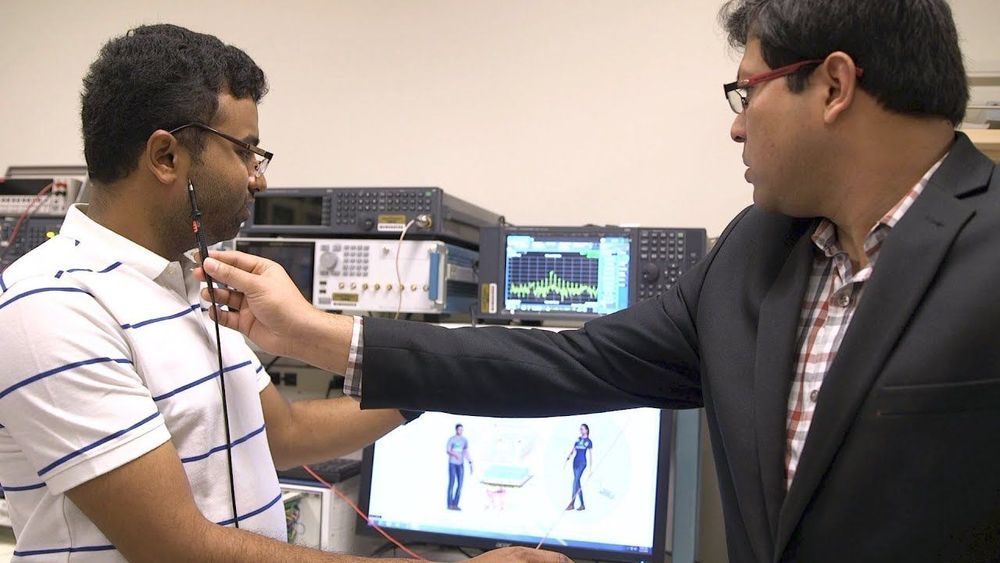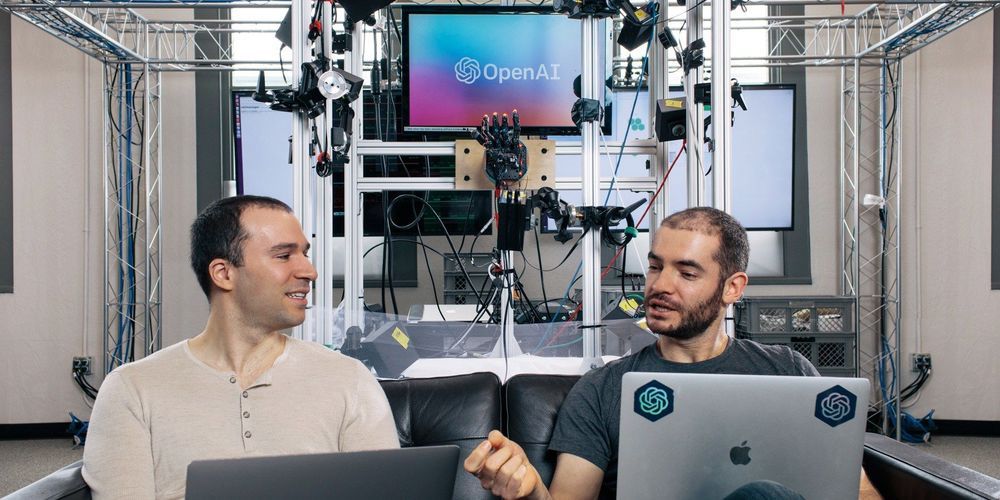Page 8207
Mar 14, 2019
Add 15 healthy years to the lives of 1 million people — YoLife.io — Tassilo Weber — Ira Pastor — IdeaXme
Posted by Ira S. Pastor in categories: aging, biotech/medical, business, computing, DNA, genetics, health, life extension, science, transhumanism

Mar 14, 2019
Albert Einstein Birth Anniversary: 15 Rare and Iconic Photos
Posted by Genevieve Klien in category: futurism
On Albert Einstein’s birth anniversary, we bring you some of his rare and unseen pictures from our photo archives. Take a look at the pictures…
Mar 14, 2019
Why modern enterprises need to adopt cognitive computing for faster business growth in a digital economy
Posted by Genevieve Klien in categories: business, economics, robotics/AI, supercomputing
Cognitive computing (CC) technology revolves around making computers adept at mimicking the processes of the human brain, which is basically making them more intelligent. Even though the phrase cognitive computing is used synonymously with AI, the term is closely associated with IBM’s cognitive computer system, Watson. IBM Watson is a supercomputer that leverages AI-based disruptive technologies like machine learning (ML), real-time analysis, natural language processing, etc. to augment decision making and deliver superior outcomes.
Mar 14, 2019
The Internet Knows You Better Than Your Spouse Does
Posted by Genevieve Klien in category: internet
The traces we leave on the Web and on our digital devices can give advertisers and others surprising, and sometimes disturbing, insights into our psychology.
- By Frank Luerweg on March 14, 2019
Mar 14, 2019
Prototype watch uses your body to prevent hacking of wearables and implants
Posted by Genevieve Klien in categories: biotech/medical, computing, mobile phones, security, wearables

We’re used to the security risks posed by someone hacking into our computers, tablets, and smartphones, but what about pacemakers and other implanted medical devices? To help prevent possible murder-by-hacker, engineers at Purdue University have come up with a watch-like device that turns the human body into its own network as a way to keep personal technology private.
Mar 14, 2019
Enjin Plans to Mobilize 20 Million Gamers to Fight Aging
Posted by Steve Hill in categories: bitcoin, cryptocurrencies, life extension
A collaboration between online technology company Enjin and the SENS Research Foundation has just been announced with the bold plan to mobilize a community of 20 million video gamers to help fight aging.
Enjin is a cryptocurrency and online video game company with a plan to change how donors and charities interact in a bid to make fundraising for globally important causes more effective.
This collaboration with SENS Research Foundation is the first program on the road to this goal. The project is essentially gamifying the fundraising experience to make it more fun and engaging for donors. To achieve this, donors get rewards for their donations in the form of blockchain-based collectibles known as “non-fungible tokens” (NFTs).
Continue reading “Enjin Plans to Mobilize 20 Million Gamers to Fight Aging” »
Mar 14, 2019
What If Google and the Government Merged?
Posted by Klaus Baldauf in categories: climatology, economics, finance, government, sustainability
My colleague Conor Sen recently made a bold prediction: Government will be the driver of the U.S. economy in coming decades. The era of Silicon Valley will end, supplanted by the imperatives of fighting climate change and competing with China.
This would be a momentous change. The biggest tech companies — Amazon.com, Apple Inc., Facebook Inc., Google (Alphabet Inc.) and (a bit surprisingly) Microsoft Corp. — have increasingly dominated both the headlines and the U.S. stock market:
Mar 14, 2019
To Compete With Google, OpenAI Seeks Investors–and Profits
Posted by Derick Lee in categories: Elon Musk, robotics/AI
On Monday, OpenAI’s leaders said that a paltry $1 billion wouldn’t be enough to compete with the well-resourced AI labs at companies such as Google and Facebook after all. They announced the new investment vehicle, a company called OpenAI LP, as a way to raise extra money for the computing power and people needed to steer the destiny of AI. Musk left the board of OpenAI last February and is not formally involved in OpenAI LP.
OpenAI, the independent research lab cofounded by Elon Musk, created a for-profit arm to attract more funding to hire researchers and run computers.














